15 GPTs for Environmental Law Powered by AI for Free of 2026
AI GPTs for Environmental Law are advanced generative pre-trained transformers designed to tackle tasks and topics within the environmental law sector. These tools leverage machine learning algorithms to understand, generate, and process natural language related to environmental statutes, regulations, case law, and policy analysis. By harnessing the power of GPTs, they offer tailored solutions that aid in legal research, document drafting, compliance monitoring, and educational purposes, thereby playing a pivotal role in enhancing efficiency and accessibility in environmental legal practices.
Top 10 GPTs for Environmental Law are: Asistente Legal basado en el BOE,Asesor de Planificación y Ordenamiento Territorial,Industrial Complex Law Master,Wind Energy Ruling,Planet Probe,Asesor de Cumplimiento Normativo,Global TDR/TDC Planner,島嶼制度國際法分析專家,Maui County Codes Navigator,INTERNATIONAL LAW MADE SIMPLE
Asistente Legal basado en el BOE
Navigate Spanish law with AI precision
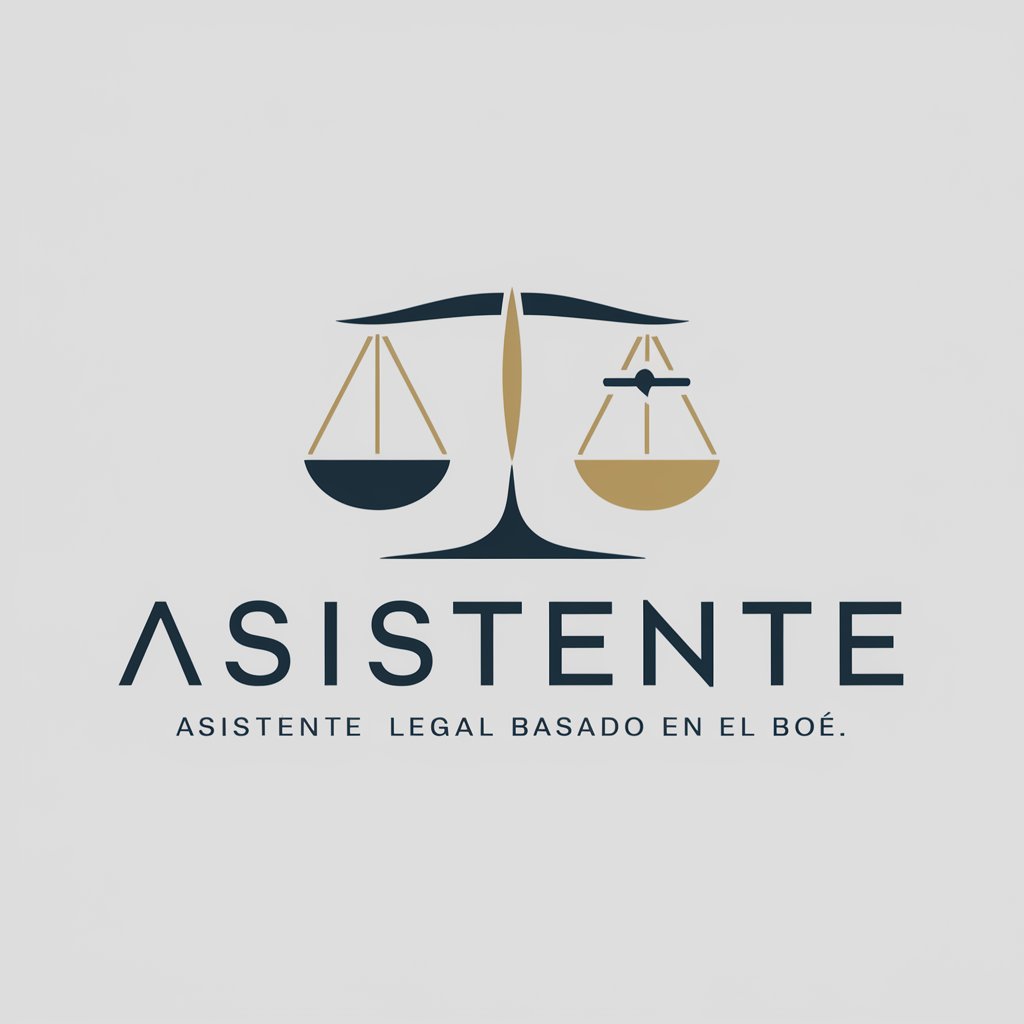
Asesor de Planificación y Ordenamiento Territorial
Navigating land use laws with AI
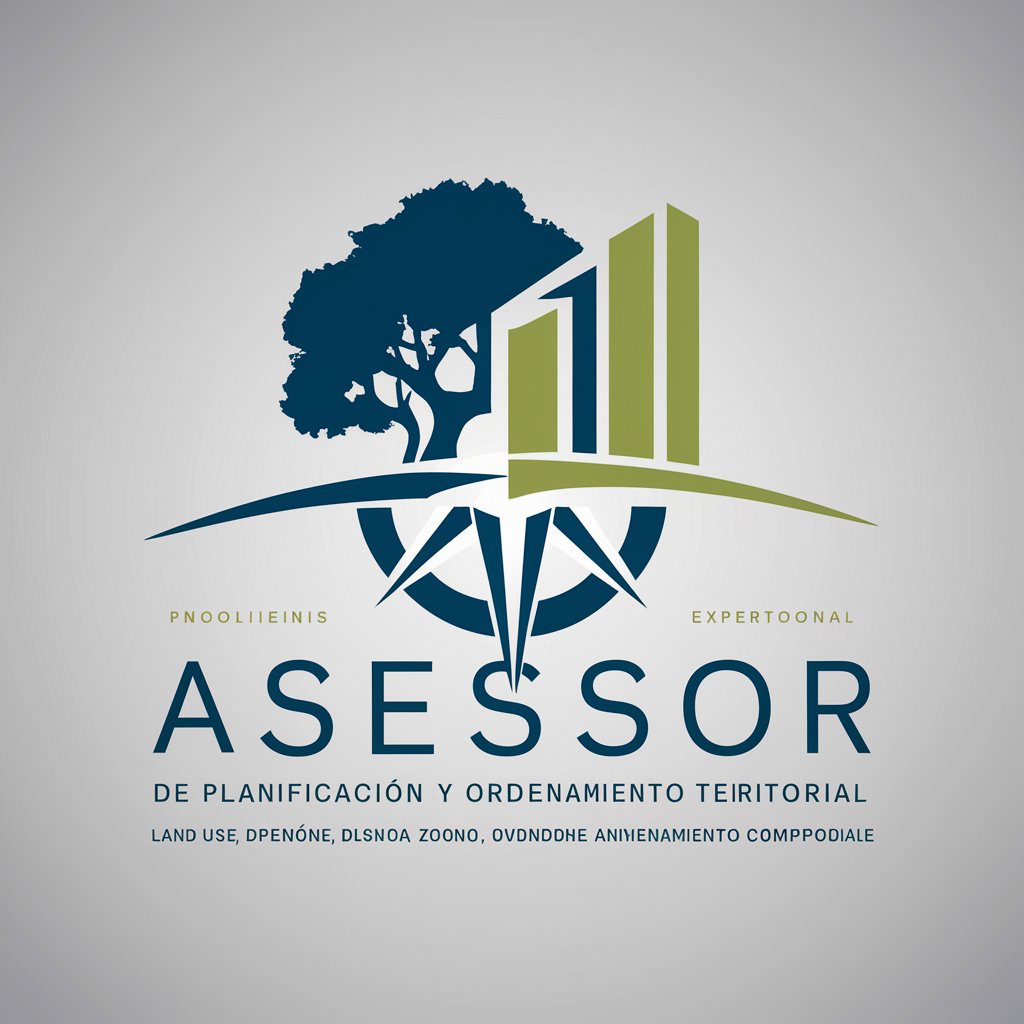
Industrial Complex Law Master
Navigate industrial laws with AI power

Wind Energy Ruling
AI-powered Legal Insights on Wind Energy
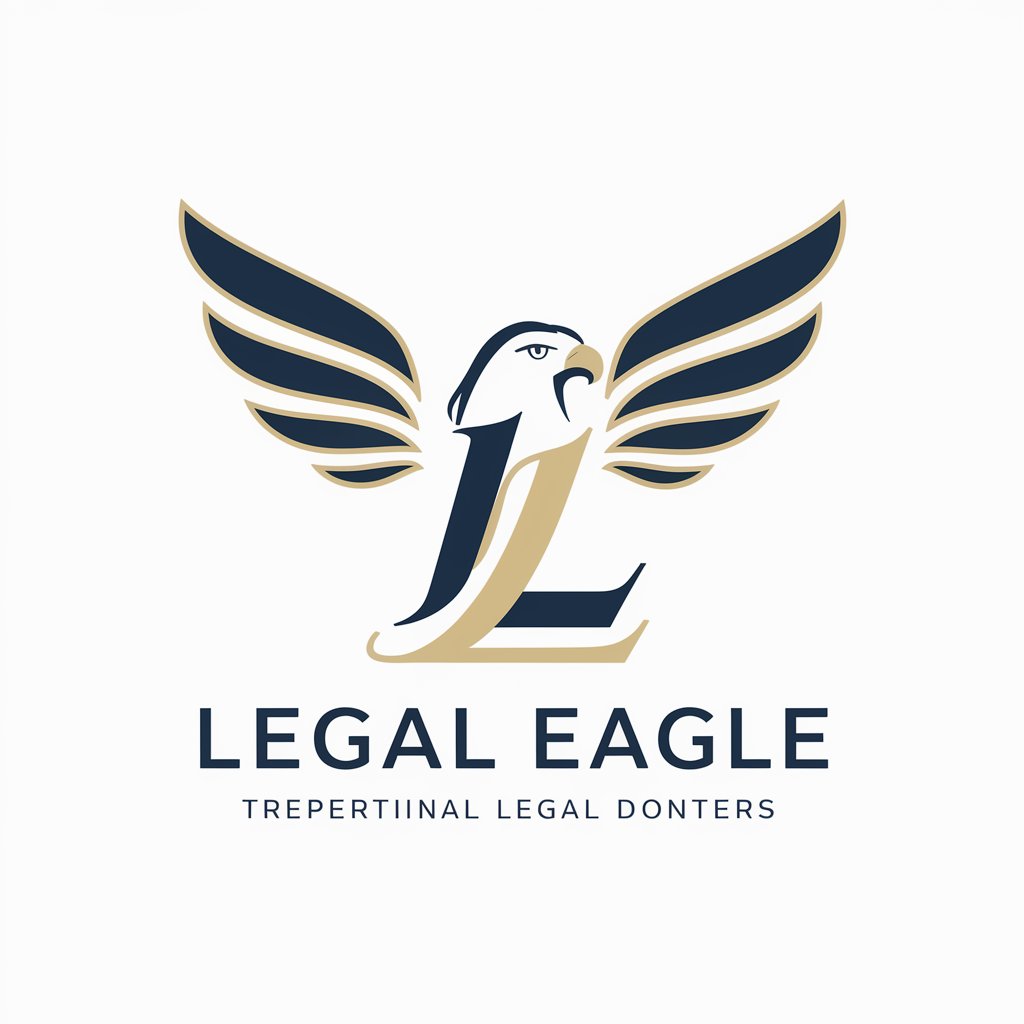
Planet Probe
Deciphering Green Claims with AI
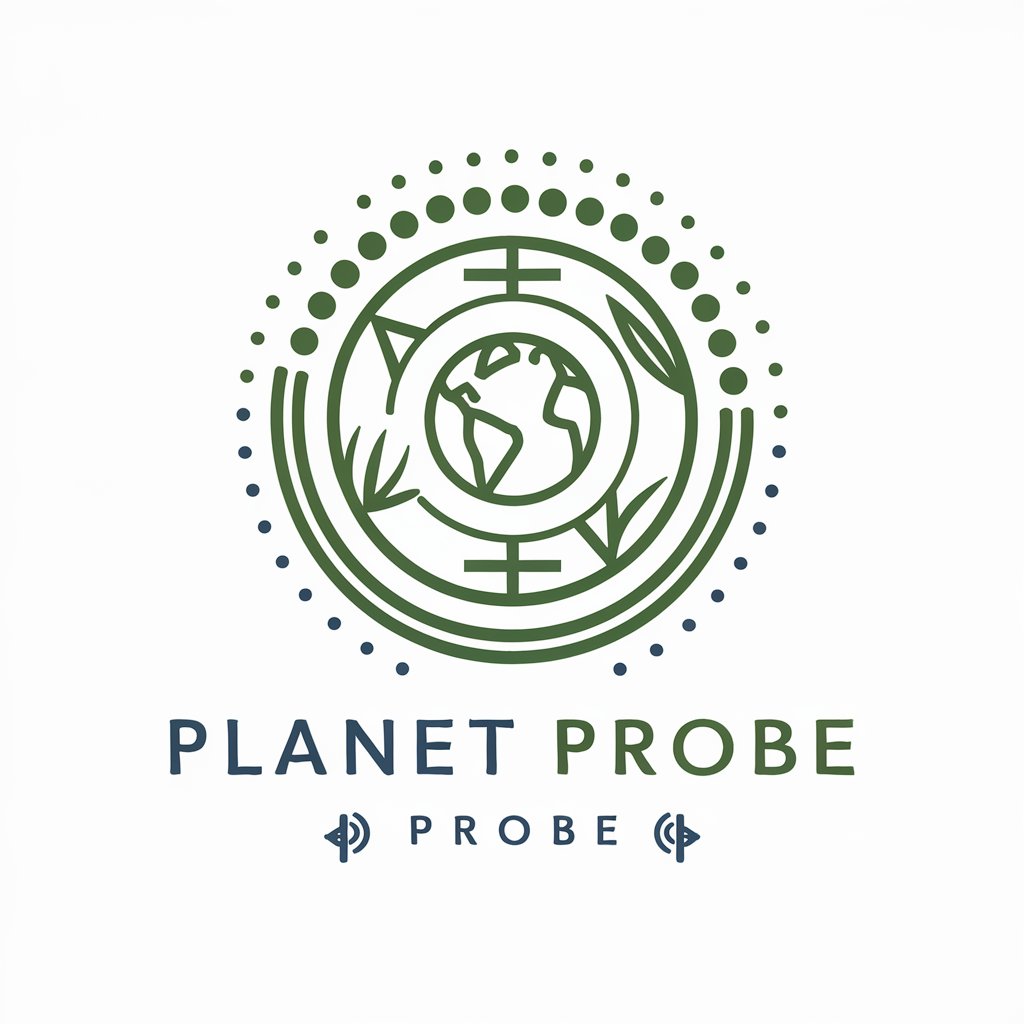
Asesor de Cumplimiento Normativo
Empowering Compliance Through AI

Global TDR/TDC Planner
Navigating TDR/TDC Legal Complexities with AI

島嶼制度國際法分析專家
Deciphering Island Law with AI

Maui County Codes Navigator
Navigate Maui’s codes effortlessly
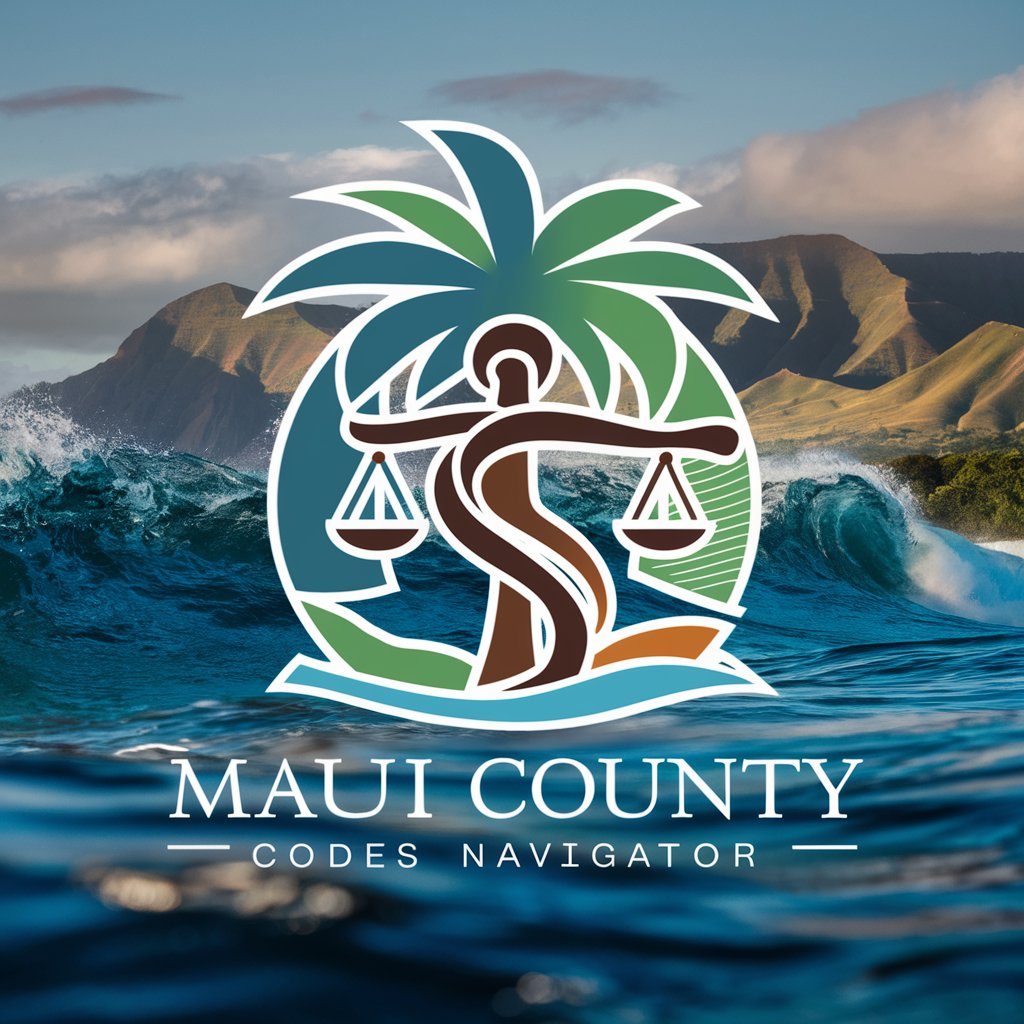
INTERNATIONAL LAW MADE SIMPLE
Demystifying International Law with AI

工場法律ガイド
Empowering Factories with AI-Driven Legal Guidance

Asesor Tesis Defensores Ambientales
Empowering Environmental Defense

East Grand Rapids Code & Ordinances Guru
Navigating local laws with AI-powered precision
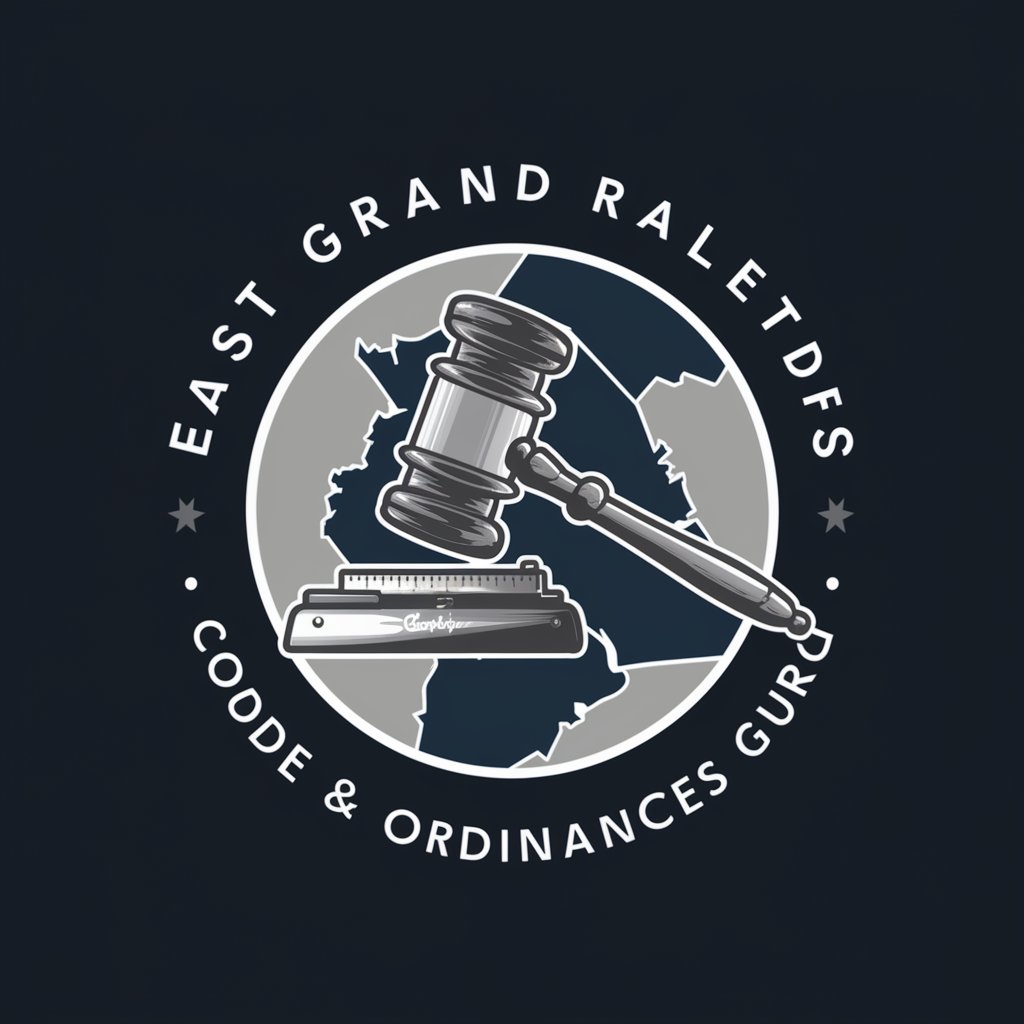
Zoning - Baltimore
Navigate Baltimore Zoning with AI

PublicPulse-Öffentliche Verwaltung BW
Streamlining Public Administration with AI
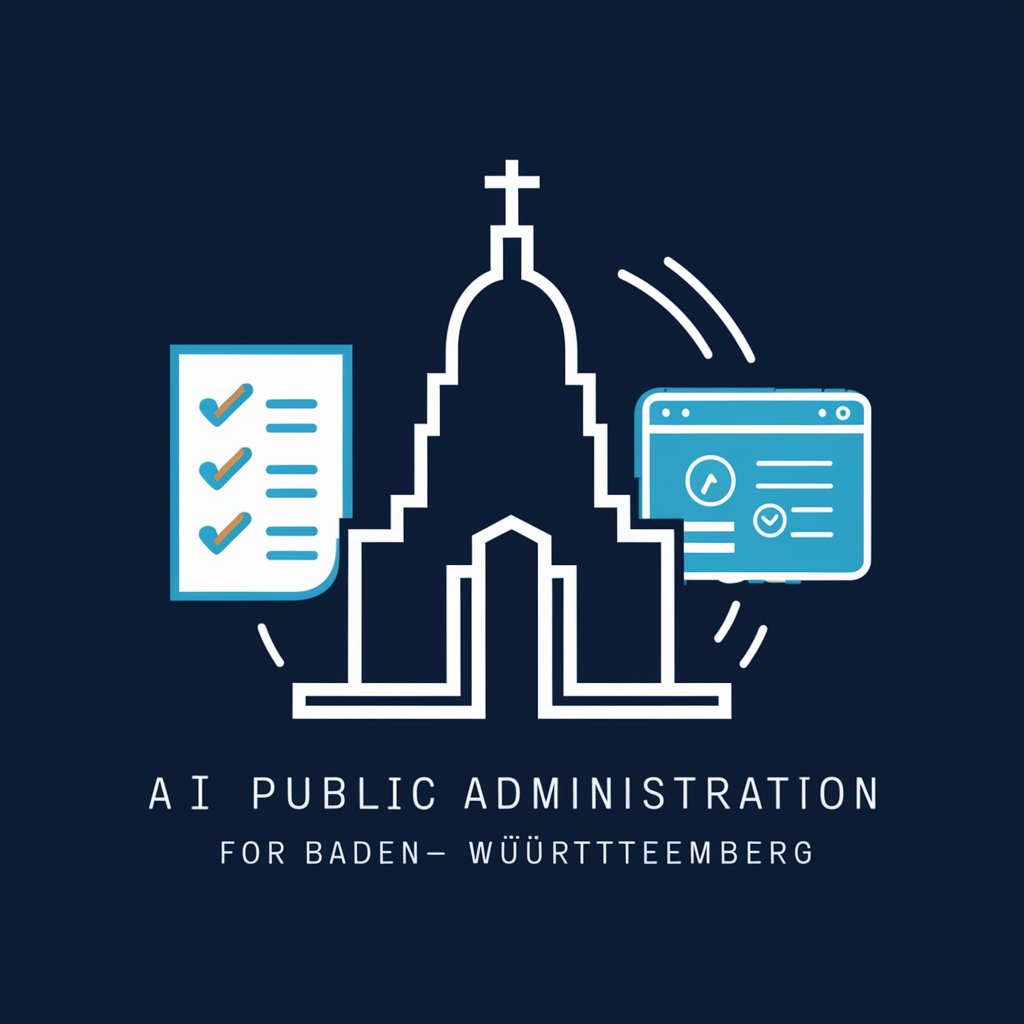
Key Attributes of Environmental Law AI Tools
These AI GPTs tools stand out for their ability to adapt across a range of environmental law-related tasks, from generating legal documents to providing insights on complex regulatory matters. Special features include natural language processing for understanding legal jargon, machine learning for predictive analysis, technical support for legal research, and capabilities for web searching and data analysis. Their adaptability spans simple FAQ generation to complex legal argumentation, making them indispensable in the field of environmental law.
Who Benefits from Environmental Law AI Solutions
AI GPTs tools for Environmental Law are designed to benefit a wide array of users, including legal professionals, environmental activists, policy makers, and students. They offer intuitive interfaces for novices without coding skills, while also providing advanced customization options for developers and legal tech enthusiasts. This accessibility broadens their applicability, making them a versatile resource in the environmental law community.
Try Our other AI GPTs tools for Free
Entertainment Apps
Explore how AI GPTs transform entertainment with tailor-made, interactive experiences. Dive into the future of digital entertainment, powered by AI.
Life Events
Discover how AI GPTs for Life Events can guide you through life's milestones with personalized advice, planning tools, and emotional support, tailored just for you.
Guidance Seeking
Discover how AI GPTs for Guidance Seeking can revolutionize decision-making with tailored advice, integrating seamlessly into various domains.
Thanksgiving Prayers
Discover how AI GPTs for Thanksgiving Prayers can enhance your holiday with personalized, meaningful prayers. Perfect for families, communities, and individuals seeking to express gratitude.
Psychosocial Analysis
Explore the potential of AI GPTs for Psychosocial Analysis: adaptable tools for interpreting complex human behaviors and social dynamics, tailored for professionals across various sectors.
Sanctions Analysis
Discover how AI GPTs for Sanctions Analysis revolutionize compliance efforts with tailored insights into international sanctions, offering intuitive, adaptable solutions for professionals and novices alike.
Expanding Horizons with AI in Environmental Law
AI GPTs tools in Environmental Law are revolutionizing the way legal professionals, activists, and policymakers approach environmental issues. With user-friendly interfaces and integration capabilities, these tools not only streamline legal processes but also promote a deeper understanding of environmental laws. Their adaptability across different sectors underscores the potential of AI in offering customized solutions that cater to the specific needs of the environmental law community.
Frequently Asked Questions
What are AI GPTs for Environmental Law?
AI GPTs for Environmental Law are artificial intelligence tools tailored to assist with environmental law tasks, including legal research, document drafting, and policy analysis.
Who can use these AI tools?
They are designed for a diverse audience, including legal practitioners, policy makers, environmental activists, and students interested in environmental law.
Do I need coding skills to use these tools?
No, these tools are designed with user-friendly interfaces that do not require prior coding knowledge for basic use, although programming skills can enhance customization.
Can these tools help with legal document drafting?
Yes, they can assist in drafting legal documents by generating templates and suggesting content based on environmental law principles.
Are these tools capable of legal research?
Yes, they are equipped with capabilities for conducting legal research, including analyzing case law, statutes, and regulations relevant to environmental law.
How do AI GPTs in Environmental Law stay updated with new laws?
These tools are regularly updated with the latest legal information and developments in environmental law through machine learning algorithms and data ingestion processes.
Can AI GPTs predict legal outcomes?
While they can provide insights based on historical data, it's important to note that predicting legal outcomes involves complexities and should be used as a guide rather than a definitive answer.
How can these tools integrate with existing legal workflows?
AI GPTs for Environmental Law can be integrated with existing legal software and workflows through APIs, enhancing efficiency without disrupting current practices.